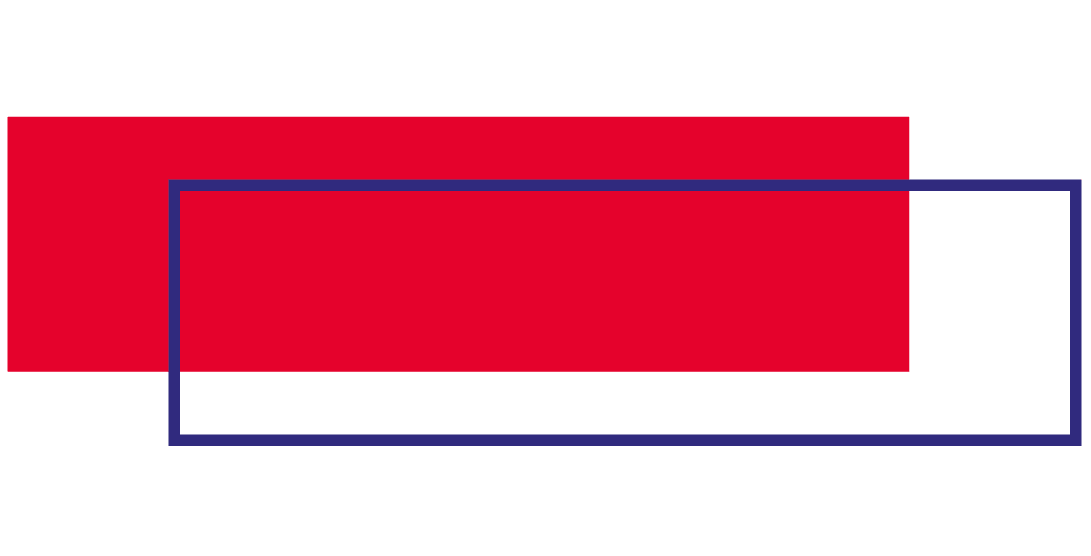Online Workshop
Collecting and preserving community histories of a place – examples from Europe.
Temporary or meanwhile uses are on the rise across Europe. Vacant buildings, empty lots, and unused spaces are becoming the object of temporary use as sites for co-creative experimentation, unlocking a multitude of innovative cultural, social and entrepreneurial activities. Often, these initiatives are key to building shared public value and rewiring the social, cultural and economic fabric of urban areas under regeneration.
Urban regeneration is not only about cities’ hardware such as buildings and infrastructure; it is a fundamental reboot of the urban software – the social, economic and cultural fabric that makes cities thrive, persist and mitigate against present and future shared risks.
A key part of the regeneration of a place is to build on its heritage and the resources of the local community. Co-discovery of history and co-creation of local identity as part of a participatory approach to strengthening potentials can serve to build a shared narrative about the locality.
- How can local history become an anchor for and a part of the ‘meanwhile use’?
- How do we approach communities and empower them to tell their own story?
- What are the possible methods and tools one can use to collect and preserve local (un)tangible heritage?
Registration: click here
Event link: https://liedm.zoom.us/j/92215565295?pwd=QmdRdEh4Z3pQMGwvRmhxckJ5NUhkQT09
Programme
|
15:00 |
Welcome & Moderation Jūratė Tutlytė, Vytautas Magnus University, Kaunas and Patrycja Wojtaszczyk, Lodz City Office |
|
15:10 |
Introduction to T- factor (working title) Patrycja Wojtaszczyk, Lodz City Office |
|
15:15 |
London experiences Mick Finch, Professor of Visual Art Practice, University of the Arts London |
|
15:35 |
Oral histories Agata Zysiak, Lodz University |
|
15:55 |
Nawrot Ending story Marcin Nowicki |
|
16:15 |
Courtyard histories of revitalisation in Lodz Mariusz Granosik, Anita Gulczyńska, Lodz University |
|
16:35 |
Aleksotas context Jūratė Tutlytė |
|
16.45 |
Discussion |

